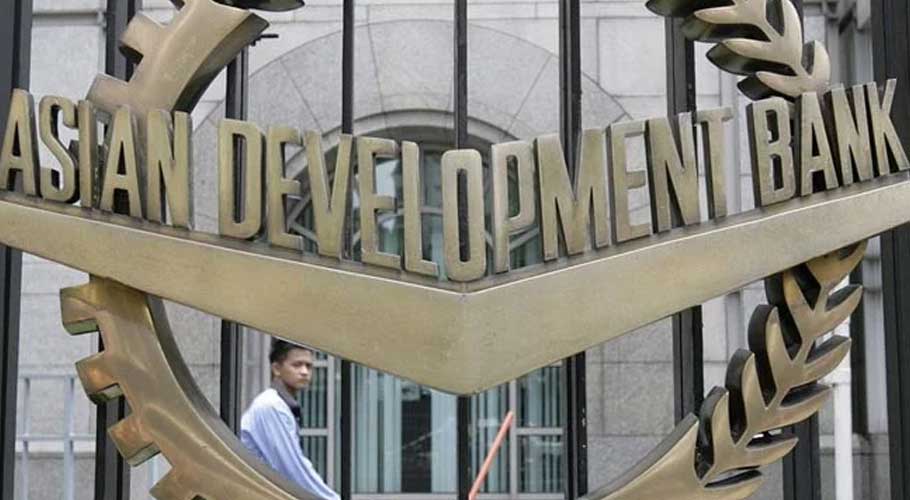MANILA: The Asian Development Bank (ADB) has approved $385 million in financing to help improve the livability and community health of five cities in Pakistan’s Khyber Pakhtunkhwa province.
According to a statement, the Khyber Pakhtunkhwa Cities Improvement Project will help construct two clean water supply treatment facilities, three sewerage treatment facilities, and will rehabilitate dysfunctional tube wells among several other important subprojects in the cities of Abbottabad, Kohat, Mardan, Mingora, and Peshawar.
“More than 3.5 million people will benefit from improved access to clean and safe water, reliable and integrated waste management and sanitation services, green urban spaces, and gender-friendly urban facilities,” it said, adding that about 150,000 households will gain new connections to water supply systems and have smart water meters installed in their homes.
ADB will provide a $380 million loan and a $5 million grant, while the Asian Infrastructure Investment Bank (AIIB) will provide co-financing of $200 million, subject to approval of their board of directors.
Together with $65 million in financing from the Government of Pakistan, this represents ADB’s largest urban project ($650 million equivalent) in Pakistan.
ADB’s loan includes more than $106 million for climate adaptation and mitigation, the bank’s largest climate financing contribution in any urban project in 2021, reaffirming its commitment to helping its developing member countries fight climate change.
ADB approves $300m for Pakistan’s energy sector
In a similar development, the ADB on Friday approved a $300 million policy-based loan to support financial, technical, and governance reforms to strengthen Pakistan’s energy sector and improve its financial sustainability.
“The financing is part of the second sub-programme of ADB’s Energy Sector Reforms and Financial Sustainability Programme, which aims to improve the governance of Pakistan’s energy sector and reduce and manage the accumulated cash shortfall across the power supply chain known as circular debt,” the Manilla-based bank said, adding that the first sub-programme in the amount of $300 million was approved in December 2019.

































